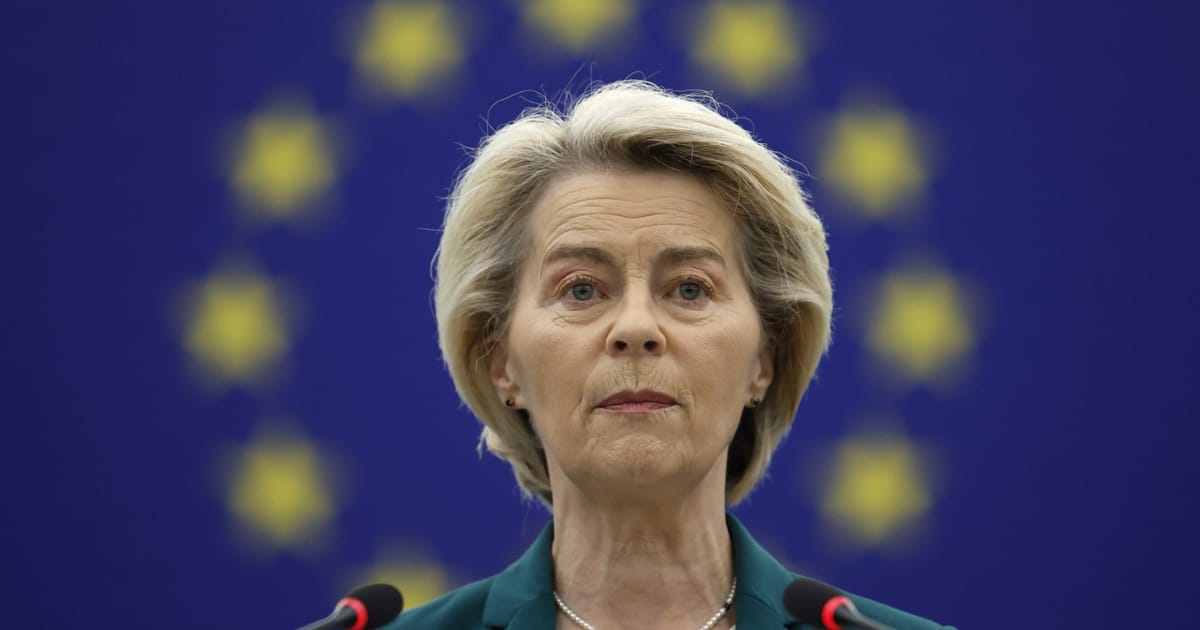

Amid evolving geopolitical and economic landscapes, recent international trade developments underscore the complexities at play among major global players. As tensions rise between the European Union and China, the United States has secured a notable trade deal with Japan, eliciting optimistic reactions from global financial markets.
The relationship between the European Union and China faces strains, exacerbated by commercial pressures stemming from US policies. A summit set to take place in Beijing is clouded with low expectations, reflecting the cool state of relations. The EU finds itself balancing its interests and seeking pathways to strengthen its international trade stance amidst these challenges.
In parallel, the US has reached a significant trade agreement with Japan after weeks of intricate negotiations. This development, announced by President Donald Trump, holds promise for both economies. The agreement includes Japan’s substantial commitment to invest $550 billion into the United States. This announcement comes at a crucial time for Japan’s Prime Minister Shigeru Ishiba, whose political future was subject to speculation amid the uncertainty during the negotiation process.
The financial markets responded positively to this US-Japan trade agreement. With Trump’s announcement, stock indices rallied, reflecting investor confidence in the deal’s potential benefits. In Japan, the Nikkei index surged by 3.5%, while European stocks also experienced gains, notably with the FTSE 100 reaching a record high. The US markets mirrored this positive trend, with the Dow Jones and the S&P Index both closing at record levels.
Elsewhere, trade tensions between the US and the European Union appear to be edging towards a resolution, with ongoing discussions about imposing a 15% tariff on EU imports to the US. This potential agreement aims to mirror the terms recently negotiated with Japan, with expectations that most goods could be affected, albeit with exclusions for specific sectors such as aircraft and medical devices. The EU, however, remains prepared to implement retaliatory measures should negotiations not yield a favorable outcome.
Meanwhile, a political narrative unfolds in Brazil involving the former president Jair Bolsonaro and his son, Eduardo Bolsonaro. As Brazilian judiciary concerns surface about the possible misuse of financial resources to influence US politics, the implications highlight the interplay between domestic politics and international relationships.
In sum, these unfolding events illustrate the dynamic nature of global trade relations. As countries navigate these intricacies, the outcomes will likely shape future economic collaborations and set precedents in international diplomatic engagements. These developments prompt stakeholders and observers alike to remain attentive to how these agreements and tensions may evolve in the broader context of global commerce and political alliances.
Source: {link}
